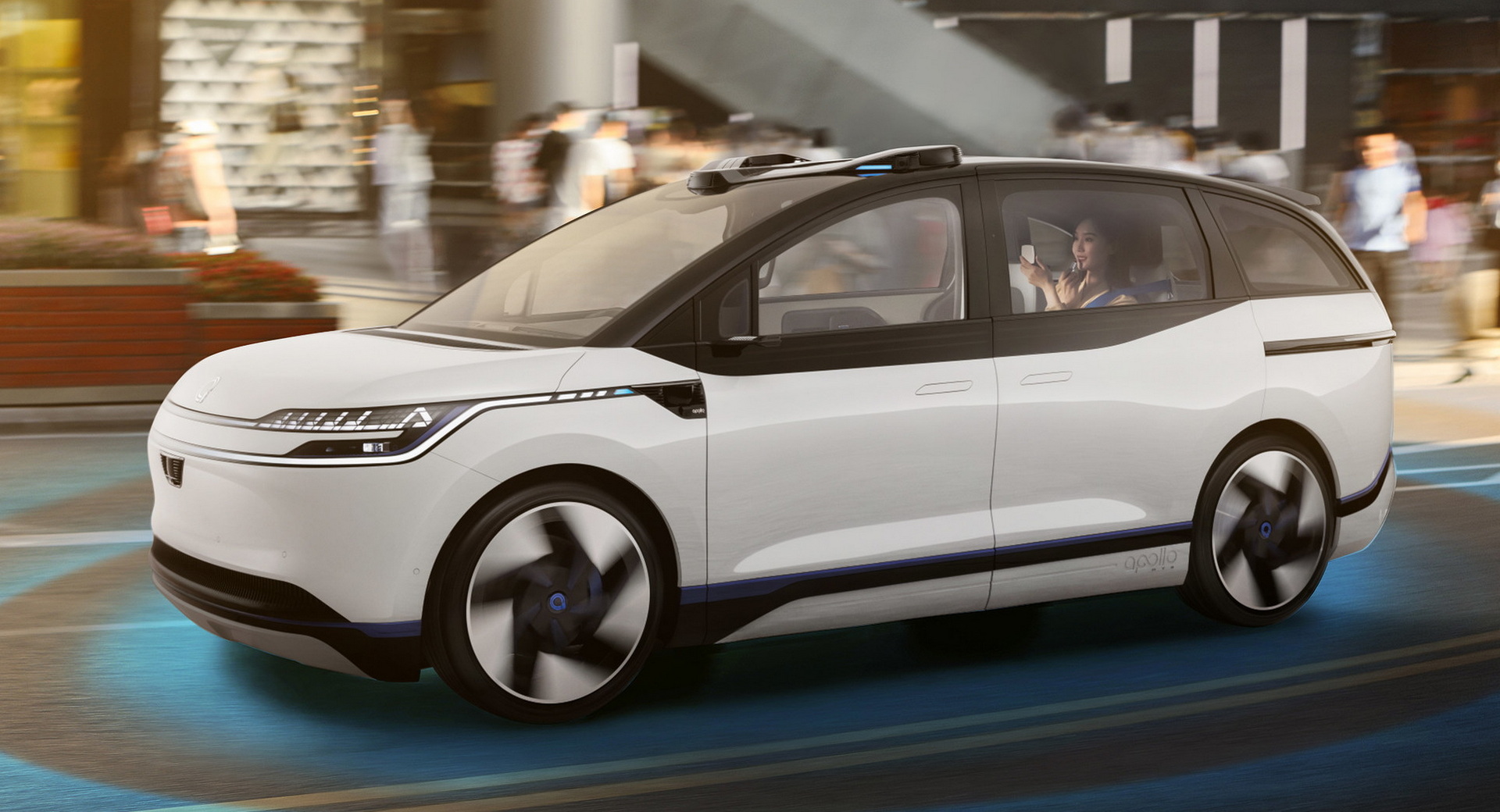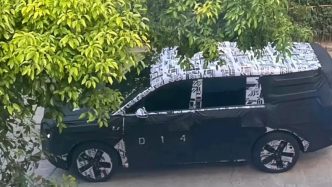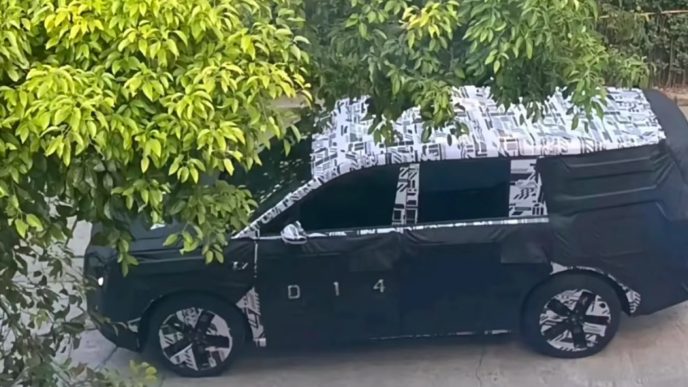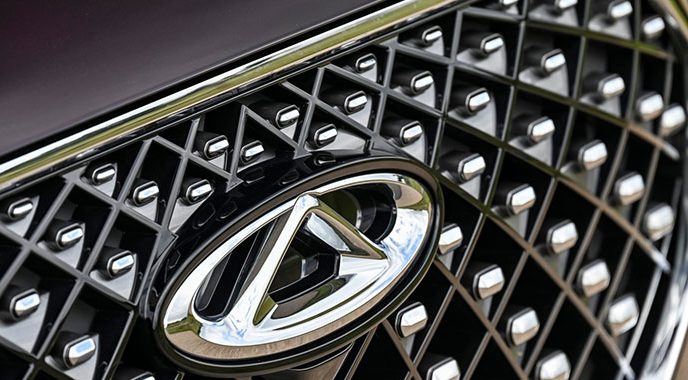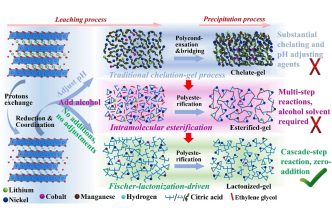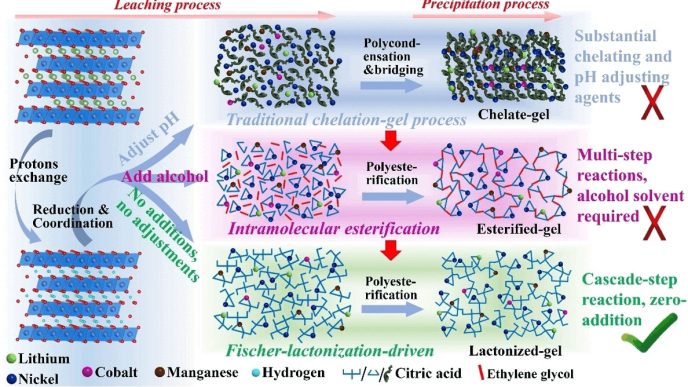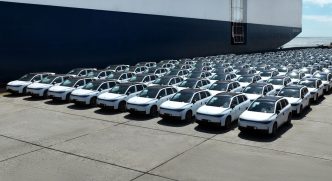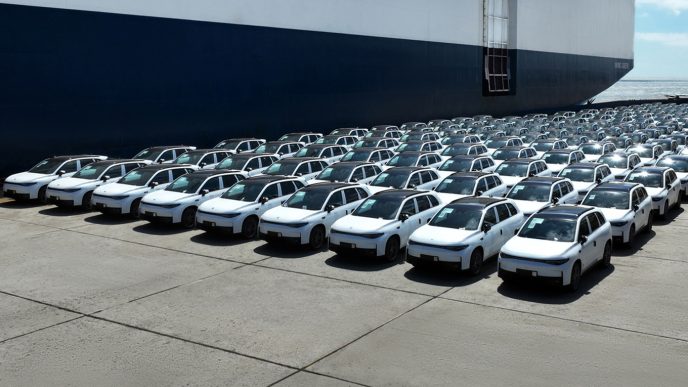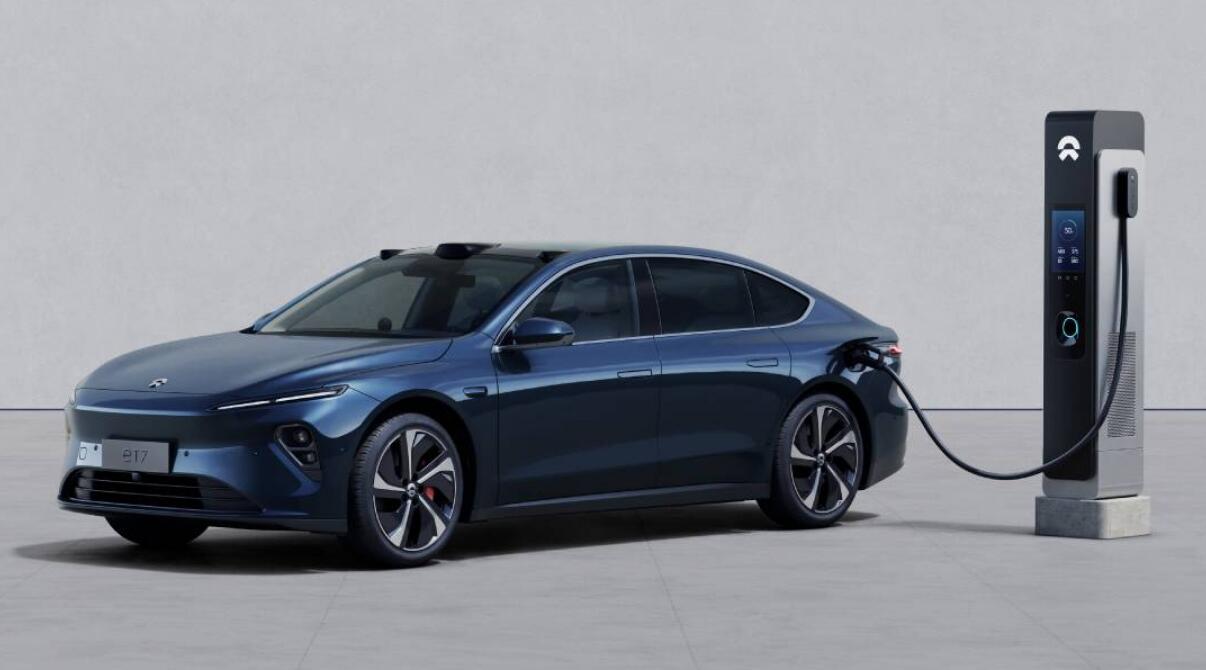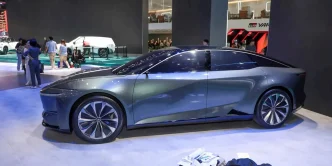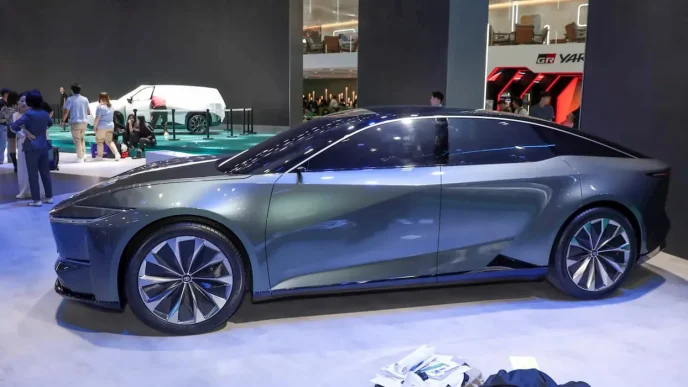Chinese tech giant Baidu announced on Tuesday that it has reduced the production cost of its Apollo RT6 self-driving vehicle to 250,000 yuan (US$34,525) per unit, a milestone aimed at accelerating the adoption of autonomous driving in China.
Speaking at a trade event in Wuhan, Baidu co-founder and CEO Robin Li Yanhong highlighted the RT6’s status as the world’s only mass-produced Level-4 autonomous vehicle. “Tesla represents another technology roadmap … [it] wanted to go from L2 to L4, and is still working on it,” Li said, emphasizing Baidu’s lead in self-driving technology, according to local media reports. Level 4 autonomy, as defined by global standards body SAE International, signifies self-driving capabilities that require minimal human intervention in most circumstances.
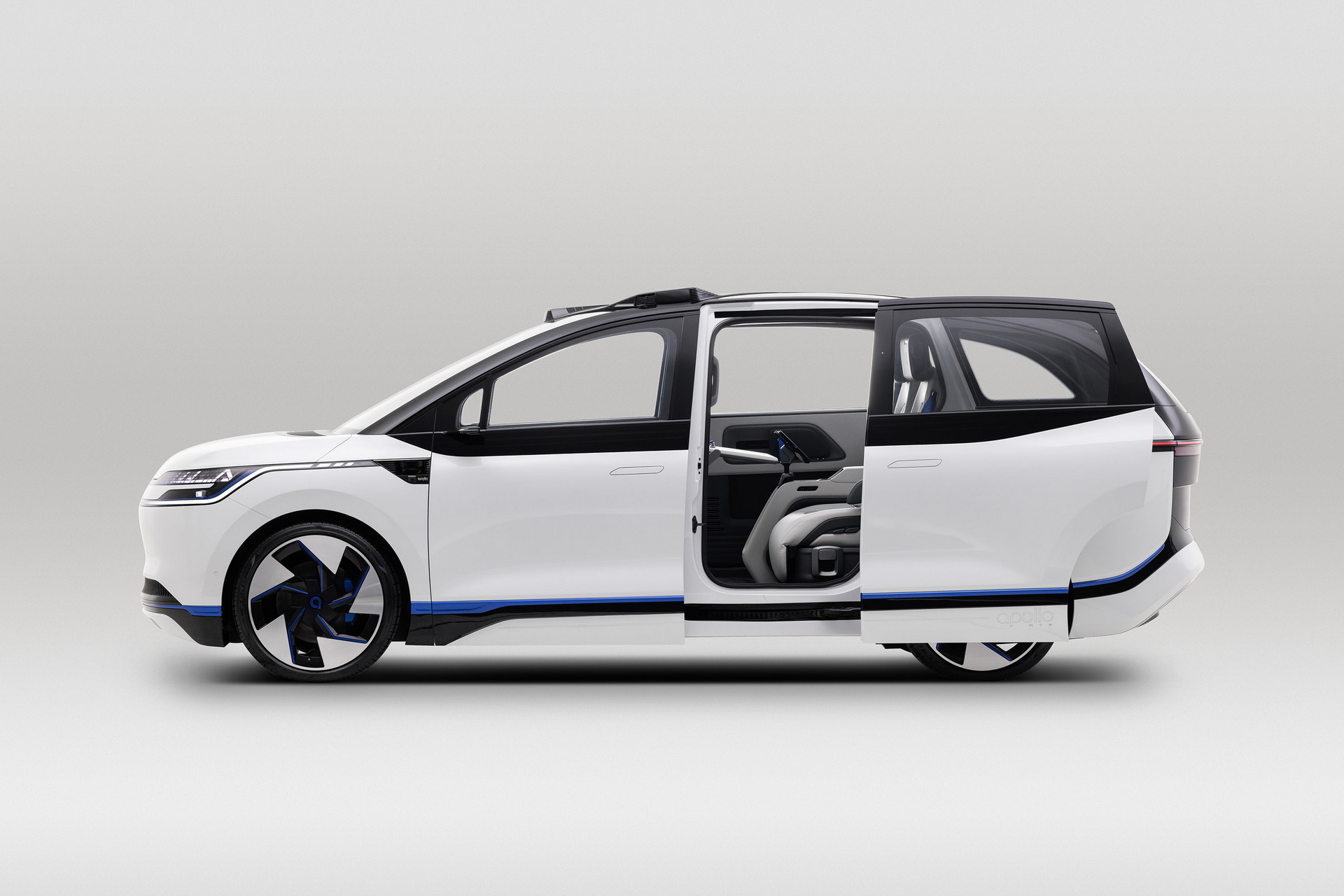
Baidu’s Apollo RT6 first debuted in 2022 as the sixth generation of its self-driving lineup, lauded for advanced automation and cost-efficiency. Li previously stated that reduced production costs would enable the company to deploy more robotaxis across China, eventually halving the cost of rides compared to traditional taxis. The company’s robotaxi services have gained traction in Wuhan, offering affordable fares but sparking concern among local taxi drivers over potential job displacement.
The race to higher levels of driving autonomy is heating up in China’s competitive electric vehicle market. Consultancy Counterpoint projects that by 2026, 1 million EVs in China will achieve Level 3 autonomy, which allows vehicles to perform certain driving tasks while requiring drivers to remain alert for specific situations.

Tesla, a key rival, is also advancing its autonomous driving technology. The company plans to introduce its Full Self-Driving system, currently classified as Level 2 autonomy, to the Chinese market by early 2025. However, the rollout is contingent on regulatory approval, Tesla AI said in a recent post on the social media platform X.
Source: South China Morning Post

